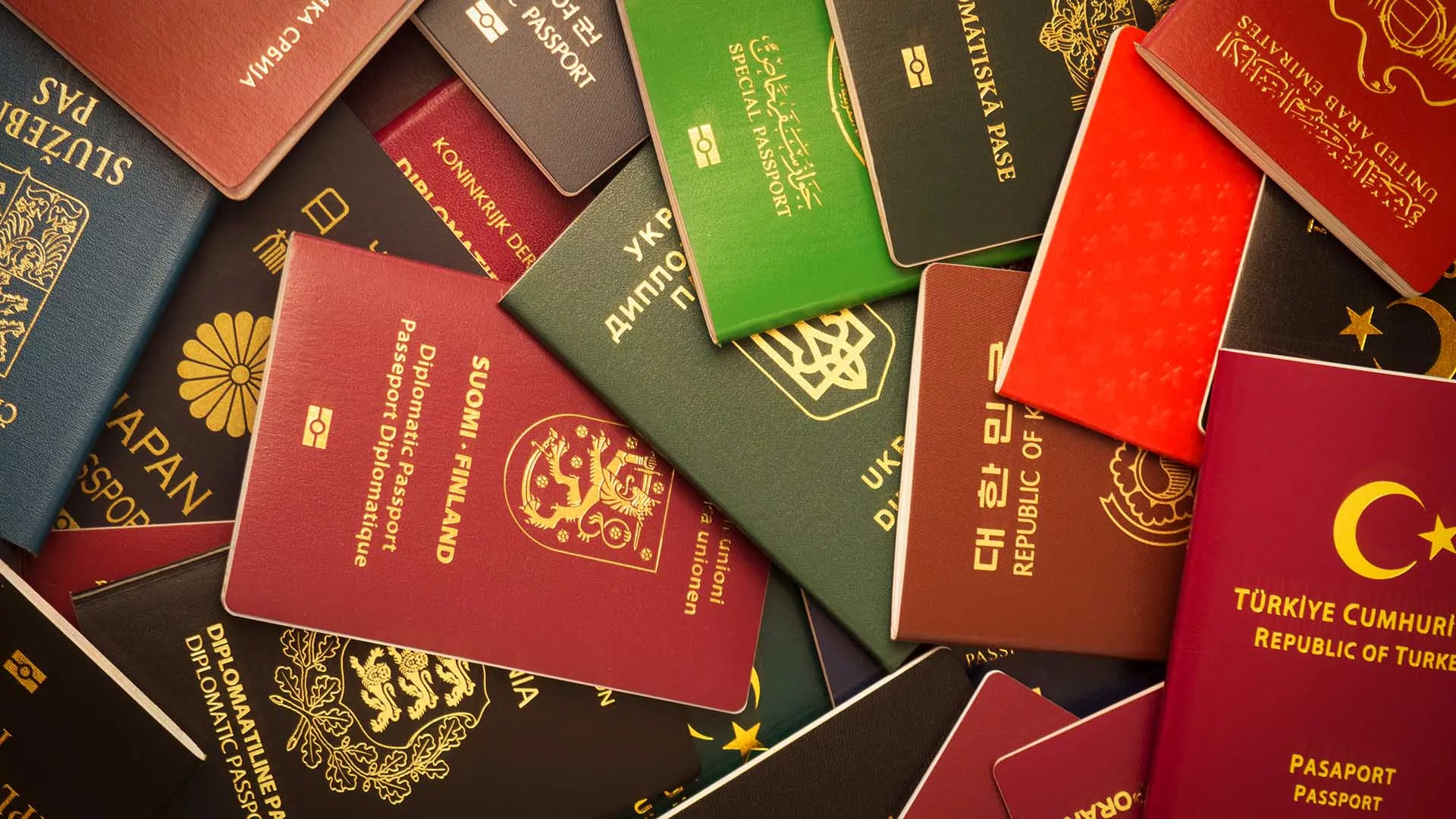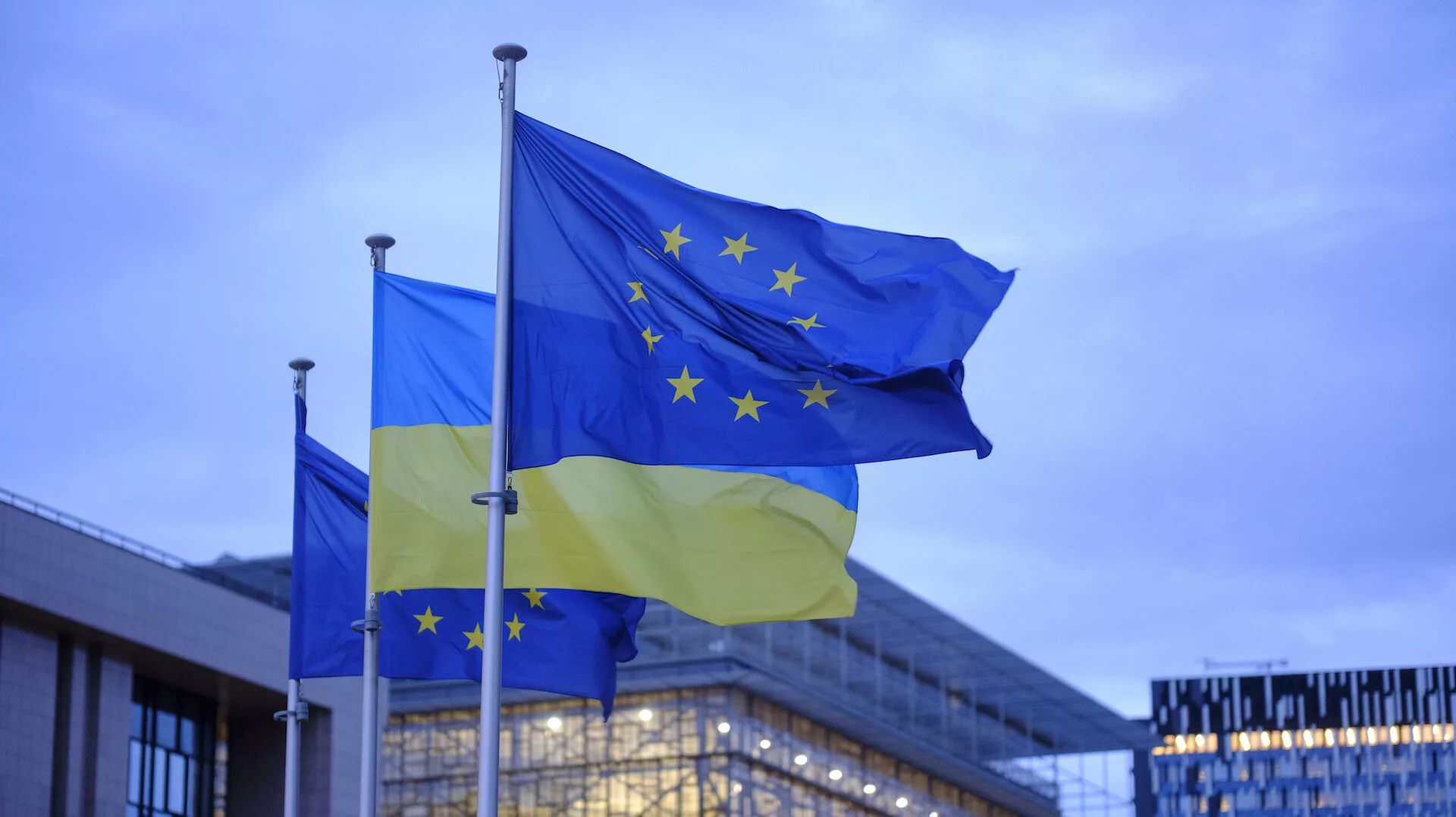

“If I asked what is the most corrupt place on earth, you might say it’s Afghanistan, maybe Greece, Nigeria, the south of Italy. I would say it is the UK.”
When it comes to regulatory penalties, Deutsche Bank is not what one might call a first-time offender. Last year, jitters in the financial press about a possible bail-out escalated to open speculation after the bank, the biggest financial institution in Germany, settled with the US Department of Justice for $14 billion over its trade in mortgage-backed securities. The fine of £163 million levied by the UK’s Financial Conduct Authority (“FCA”) at the end of January is, by comparison, pretty small change.
What makes the FCA’s fine noteworthy is not its size but the behaviour that earned it. £163 million is the largest sum ever levied by the FCA (or its predecessor, the Financial Services Authority) for failings in a firm’s anti-money laundering control framework. In its statement, the FCA emphasised that the bank “exposed the UK financial system to the risks of financial crime by failing to properly oversee the formation of new customer relationships and the booking of global business in the UK”. Amongst its shortcomings were due diligence failures, inadequate detection systems and outdated policies for the prevention of financial crime.
Deutsche Bank’s failings are reflective of a wider problem in the UK financial system: the huge and growing problem of money-laundering. The Hay Festival, Britain’s annual literary event in the quiet Welsh town of Hay-on-Wye, is not generally a hangout for financial journalists hunting headlines. But last May, Roberto Saviano, an Italian journalist, drew extensive media attention when he used a talk at the festival to announce an unexpected contender for the title of the most corrupt country in the world.
“If I asked what is the most corrupt place on Earth, you might say it’s Afghanistan, maybe Greece, Nigeria, the south of Italy. I would say it is the UK,” he told his audience. This is a striking statement from a man who has spent his career exposing collusion between Italian authorities and organised crime—and evading mafia attempts to assassinate him. He explained: “[the issue is] not UK bureaucracy, police, or politics … what is corrupt is the financial capital.”
The scale of the problem in the City is far bigger than the UK’s strikingly low position (tenth least corrupt) on Transparency International’s Corruption Perception Index would imply. David Little, head of money laundering at the National Crime Agency (“NCA”), said in a speech last January that money laundering in the City ran to “a truly terrifying number,” in the “tens or hundreds of billions”. The NCA itself assesses that “the proceeds of virtually all serious and organised crime in the UK, as well as the proceeds of a significant amount of international serious and organised crime (including corrupt Politically Exposed Persons seeking to launder the proceeds of their corruption and hide stolen assets in the UK) is believed to be laundered into and through the UK.
The Deutsche Bank case is one example of how this laundering happens. The FCA states that “Deutsche Bank was used by unidentified customers to transfer approximately $10 billion, of unknown origin, from Russia to offshore bank accounts in a manner that is highly suggestive of financial crime.” In essence, Deutsche Moscow made ‘mirror trades’ with Deutsche UK, converting roubles to US dollars and covertly transferring those funds out of Russia (for an explanation of how such trades work, see our infographic). The traders used Deutsche Bank’s operations in London to sell Russian assets to themselves, shifting the location of money rather than making a profit. In Russia itself, according to Ed Caesar of the New Yorker, the practice is known as konvert, enabling individuals to evade anti-money laundering protocols, taxation and even international economic sanctions.
More directly, British immigration policy has a role to play in making the country vulnerable to money laundering. A Tier 1 (Investor) visa allows people from outside the European Economic Area to come to the UK for work and study in exchange for an investment of £2 million in active UK businesses; and to apply to settle permanently for £5 million after three years of residence or for £10 million after two. Around two-thirds of these visas given in 2015 went to Chinese and Russian citizens, prompting fears of an influx of corrupt emigrés from those countries. Combined with relatively liberal laws on offshore property ownership (as detailed by Private Eye in their long-term reporting on this issue), the UK, and London in particular, emerges as a magnet for funds of questionable origin.
“The UK’s vulnerability stems from multiple loopholes and weaknesses in the UK’s anti-money laundering and asset recovery regimes,” Rachel Davies Teka, Senior Advocacy Manager at Transparency International, told KYC360. “The system for supervising money laundering rules across key sectors is fragmented and ineffective; it is possible to buy UK property through anonymous companies; the Overseas Territories offer secretive company ownership; and law enforcement lack powers to seize stolen assets. This gaps in the system make it relatively easy to hide corrupt assets in the UK.”
Tackling money laundering became an important policy goal for the UK government under David Cameron, and a raft of new policy has been proposed over the last few years to remedy the situation. First, and most strikingly, the weaknesses in the Tier 1 (Investor) visa have been excised. The government fended off a House of Lords attempt to abolish the visa in its entirety, but the need to vet applicants more stringently was manifest. Since April 2015, would-be investors have had to open a British bank account before receiving the visa, triggering banks’ due diligence procedures and helping to screen out more dubious potential investors. In addition the threshold for investment has been doubled from £1 million to £2 million. There has certainly been a fall in demand, but this is more likely to be driven by the higher threshold than the due diligence procedures; the £2 million requirement not only excludes less wealthy would-be Brits but limits the ability of individuals in jurisdictions with tight currency controls, such as India and China, to apply at all.
Notwithstanding these changes, Rachel Davies Teka points out that “we still have a situation where 3,000 people and their money entered the UK under this system during the ‘Blind Faith’ period, where there is evidence to suggest that due diligence checks on the source of wealth were not carried out. The Government needs to ensure that retrospective checks are undertaken.” The Government’s spokesman for Justice affairs in the House of Lords insisted in debate that the checks before April 2015 were adequate, calling claims to the contrary “not well founded”, but a future scandal would upset the system and make claims of a need for retrospective checks hard to refute.
A more heavily trailed reform has been the ambitious introduction of the Unexplained Wealth Order (“UWO”), which is currently making its way through the House of Lords as part of the Criminal Finances Bill. A UWO would require individuals to prove that property of any sort worth more than £100,000 was bought with money obtained legitimately. Courts would be able to issue UWOs if they had reasonable grounds to suspect that an individual was, or had been, involved in serious crime. If no proof were produced the property could be seized. Critically, UWOs could be issued retrospectively, meaning their reach would be theoretically unlimited once introduced. However, a Home Office impact assessment estimates there will only be 20 uses of UWOs each year, recovering a mere £6.1 million—against the billions of pounds estimated to be laundered through the UK annually.
Another option that has been floated by the UK government is action aimed directly at assets: in an article in the Guardian last year, then-Prime Minister David Cameron committed to forcing overseas companies that want to buy property in the UK to make a declaration of assets. This would, in theory, help exclude shell companies used to conceal the identity of the true owner. The new register of beneficial ownership and ‘persons with significant control’ should also contribute to this goal.
Unfortunately, all of these actions are complicated by the UK’s ongoing sovereignty over its Crown Dependencies (such as the Isle of Man and the Channel Islands) and Overseas Territories (including the Cayman Islands and Virgin Islands). These jurisdictions tend to guard the identities of their financial customers jealously and have resisted attempts to open their databases to tax authorities and financial crime prevention (“FCP”) enforcement. Although there was discussion of an amendment to the Criminal Finances Bill to force them to open up after the Panama Papers leak last year, this has not been taken up by the Government. Nor were low-tax territories included in the new beneficial ownership register. As things stand, British territories officially co-operate with NCA requests for information, but their central registers are not publicly available and still represent something of a blind-spot for international action.
But looking ahead, the biggest stumbling block facing the UK in its efforts to shake the title of most corrupt place on earth may be its vote to withdraw from the European Union. Many of the most effective actions against money laundering are taken at a European level—indeed, legislation is currently making its way through the European institutions to amend the Fourth Anti-Money Laundering Directive to further enhance transparency and double down on current efforts. The UK Chancellor’s veiled threats to aggressively compete with the EU on tax levels in the absence of a comprehensive trade deal have worried campaign groups.
Perhaps more significantly, Brexit forced the resignation of David Cameron and brought in a Prime Minister and Cabinet for whom financial crime prevention sits far lower on the list of priorities. The legislation currently making its way through the UK Parliament was conceived during Cameron’s time office; a post Brexit November deadline for anti-corruption strategy passed without any signs of new policy.
It will be a great disappointment to campaigners if their victories in policy and promises under Cameron bear lacklustre fruit. But undoubtedly the most major effect of Brexit is this: the government will find it hard to act without affecting the competitiveness of the City of London. This was precisely the warning firms gave in consultation on the Criminal Finances Bill (specifically, on the provision of economic liability for failure to prevent tax evasion). At a time when the City may need all the help it can get, and with smooth access to UK financial services for international firms more important than ever, the Government is strongly inclined to heed such warnings.
On the other hand, if the UK fails to regulate the sorts of incentives for inward investment that make money laundering easy, it may risk the ire of European negotiating partners. And even with Cameron gone, there are plenty of allies in the Government to campaigners who want the country to clean up its act. Additional time pressure is added by the upcoming inspection of the UK by the Financial Action Task Force, scheduled for 2018. That the UK needs to strengthen its FCP regime is clear and, bit by bit, it is doing so. But it will take some time before Roberto Saviano’s assertions can be robustly refuted.
Advance your CPD minutes for this content, by signing up and using the CPD Wallet
![]() FREE CPD Wallet
FREE CPD Wallet
Published by: riskscreen.com




